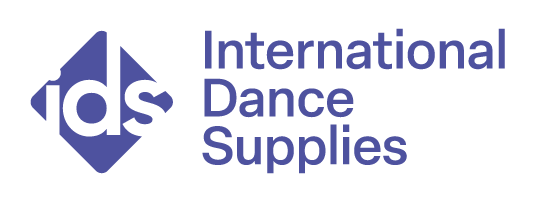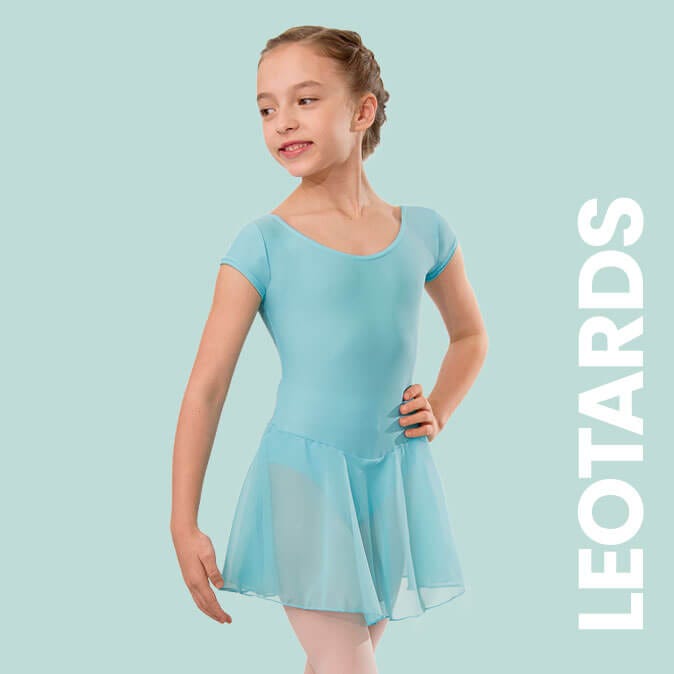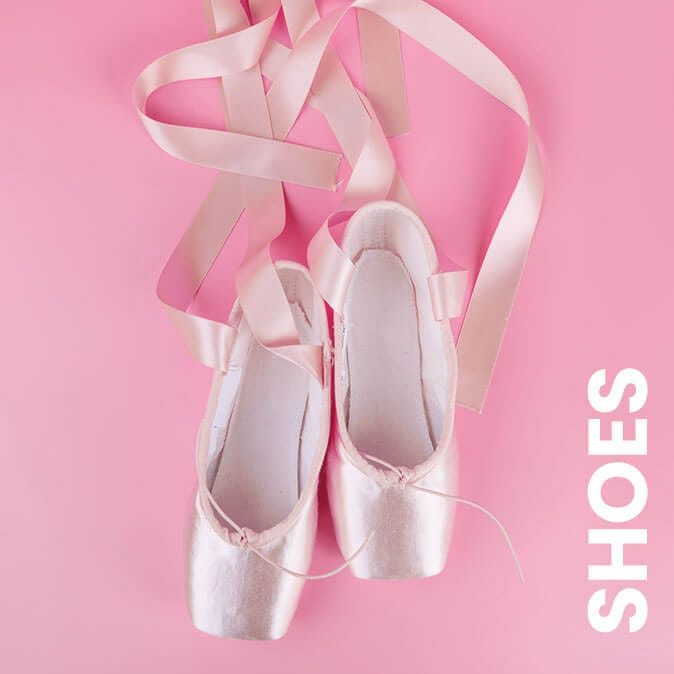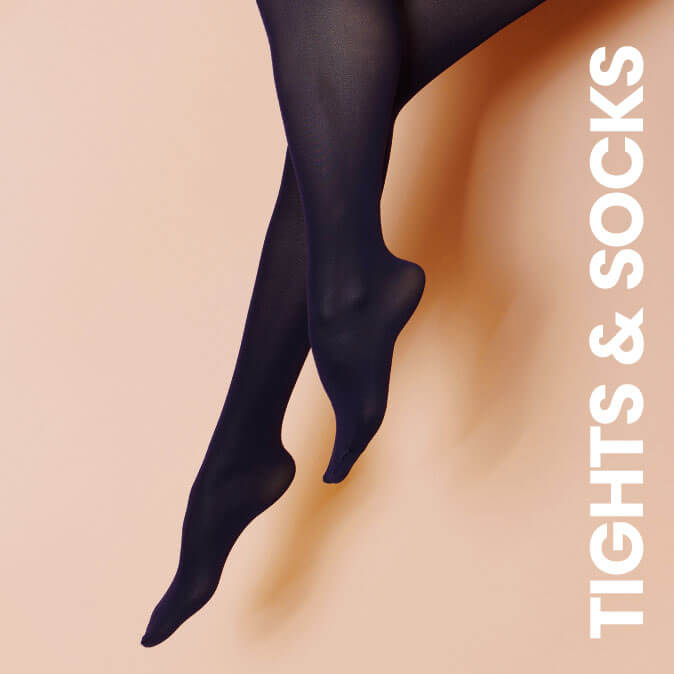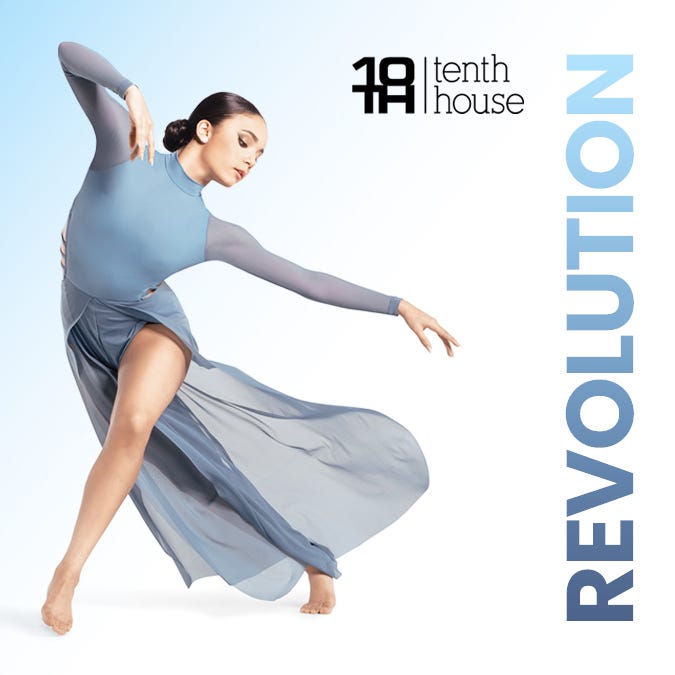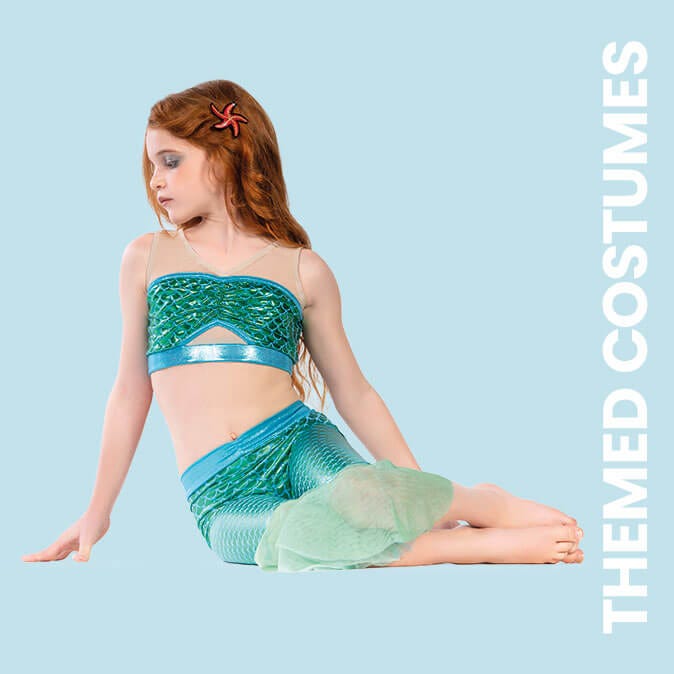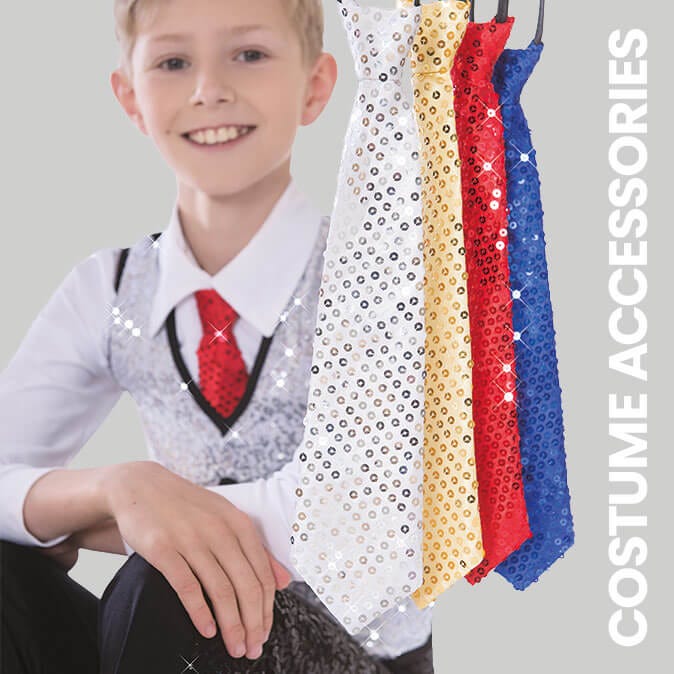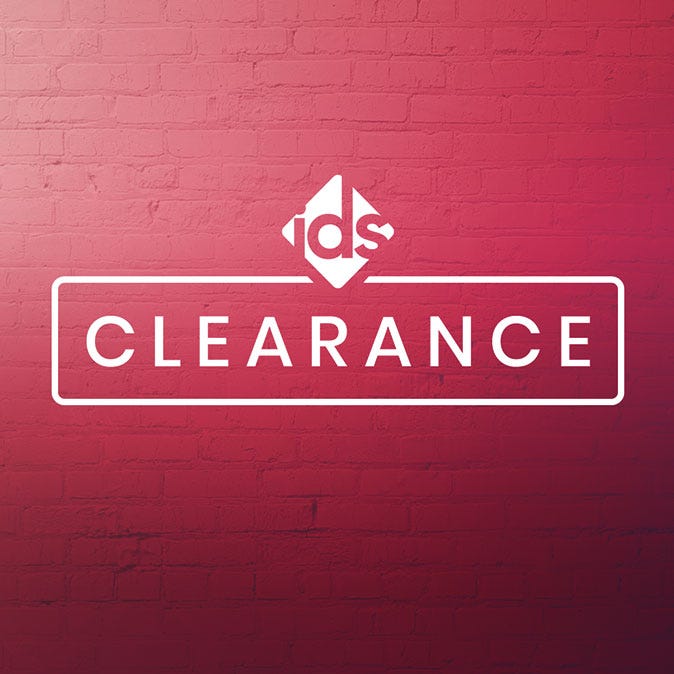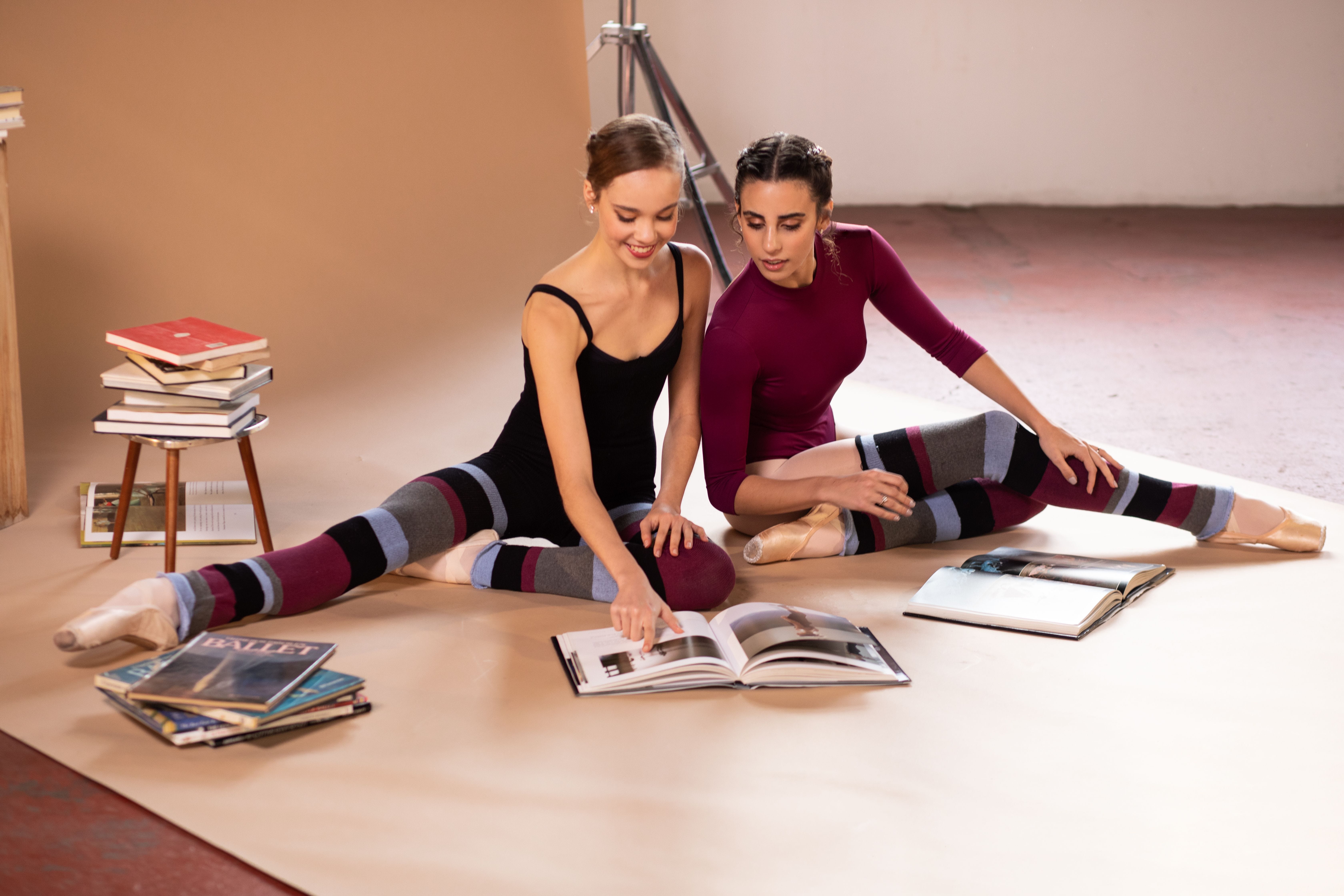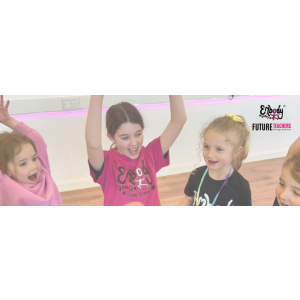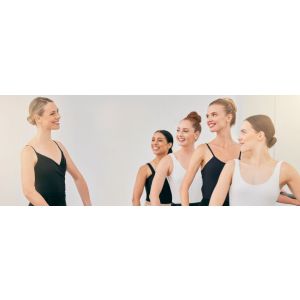When it comes to hiring for your dance school, the most important job you need to fill is the dance teacher. Not only are they the face of your business, but they also play a pivotal role in shaping the experiences of dance students. Depending on how well they align with your mission and values, they can either help or hinder your business growth. Ultimately, their influence extends beyond just teaching dance moves, and having the right teachers can make all the difference. When you find the perfect fit, it’s like magic. This connection helps to create a positive atmosphere and sets a solid foundation for success. With the right team, your dance school can truly thrive.
Arguably the most important thing is to ensure they are skilled in the styles they’ll be teaching. Think certifications, professional training, and prior teaching experience. Ask for showreels of videos during the interview process to see them in action. But while it’s essential their technical ability matches the job requirements, a teacher that will truly elevate your dance school is one who understands and aligns with your vision and purpose. They use their skills and experience to put this into action, helping to drive your school’s growth.
Ask yourself, how is your current recruiting and interview process working out for the evolution of your dance school? Do you have a problem with employees leaving or performance issues? Are you struggling to find the right cultural fit?
Read on for a comprehensive guide on what to look for when hiring dance teachers.
Passion and Enthusiasm
When interviewing a potential teacher, pay attention to how they talk about dance. Do their eyes light up? Do they show genuine excitement about the role? A teacher who is passionate will transform your classes and the experience of your students. Their enthusiasm will be contagious and undoubtedly ripple through to your students, creating an engaging class atmosphere that inspires and motivates. Look for genuine interest and commitment to teaching and mentoring, rather than just performing. These qualities are key to finding a teacher who will invest in their students’ growth and development.
Example questions:
- How do you ensure that each student progresses, especially in a class with mixed abilities?
- What strategies do you use to keep students motivated and excited about dance?
- How do you handle students who may struggle with certain movements or routines?
- What impact do you want to have on your students/in this role?
- Can you share a moment in your teaching career when you felt particularly proud of a student's progress or achievement?
- What role do creativity and self-expression play in your classes, and how do you encourage students to explore these aspects of dance?
- How do you measure success as a dance teacher, both for yourself and your students?
- How do you continue to grow and stay inspired as a teacher? What steps do you take to evolve your own skills and knowledge?
Communication
Your dance teacher should be able to turn confusion into “a-ha!” moments for your students. They should be adept at explaining techniques in a clear and concise manner, while providing constructive feedback that helps students improve without diminishing their confidence. The right candidate will be able to connect with students at their level, and adapt their communication approach depending on age and skill level. Invite your teacher for a trial teaching session for a chance to see them in action and get a feel for their teaching style.
Example questions:
- How do you structure your classes? Can you walk me through a typical lesson plan for one of your classes?
- Can you explain your approach to refining technique for dancers at different levels (beginner, intermediate, advanced), and different age groups?
- How do you handle situations where a student doesn’t seem to understand a concept or technique despite repeated explanations?
- What methods do you use to provide feedback in a way that is both motivating and constructive?
- How do you communicate with students who may be shy or less confident in their abilities?


Experience
When you’re hunting for the perfect dance teacher, it’s not just about their technical skills–you need to dig into their experience and see if it matches what your role requires. Maybe they’re an amazing dancer but have never taught a structured curriculum, or your role is heavily focused on choreography, and they’re lacking there. Tailor your questions to the specific experience your role demands. Consider everything, like injury prevention or creating choreography. Getting the full picture of their experience will help you see how they’ll benefit your dance school.
Example questions:
- What is your background in dance, and what styles do you specialise in?
- Do you have experience developing curriculum or working with specific syllabus requirements?
- How do you approach teaching complex movements - like pirouettes or leaps - and ensuring proper technique and injury prevention?
- Do you have experience in choreography for performances or competitions? How do you approach creating original routines?
- Have you mentored other dance teachers or assistants? What do you think is key to developing teaching talent?
Cultural Fit
Ensuring cultural fit is one of the most important factors to consider for a seamless integration into your team. A teacher whose values align with your business priorities can boost team dynamics and help everyone embrace shared goals, strengthening the overall culture. Imagine hiring a dance teacher who prefers to work alone on projects. If your school thrives on collaboration, this might not be the best fit. But while it’s necessary to test how someone fits into your dance school, you also need to make sure that what you are offering aligns with what they want. Remember, a job interview is a two way street and mutual alignment is key to a successful hire. Research from Robert Walters has found that almost three quarters (73%) of professionals have left a job because they disliked the company culture. Ask questions that explore their attitudes and beliefs, as hiring for cultural fit boosts your chances of retaining talent for longer. It’s a good idea to let them meet other staff members to see if they click. You can even give them a collaborative task to work on to get a sense of how they will fit into your team.
Ask questions like:
- What do you look for in a dance school environment? What qualities are important for you to feel successful and supported?
- What do you think is the most important thing for a dance teacher to bring to a school?
- How do you approach collaboration with other teachers and staff members?
- Describe a time when you adapted to a new school culture or way of doing things. What did you learn from the experience?
- What does a "growth mindset" mean to you, and how do you apply it in your teaching and professional development?
- How would you describe your approach to collaborating with other teachers or staff at the school?
- How do you see yourself contributing to the long-term goals and culture of our school?
- Are you interested in taking on any additional responsibilities, such as choreography for performances, administrative tasks, or mentoring younger instructors?
Professionalism
A great dance teacher will be able to keep the class running smoothly, handle any drama, and make sure students are not only learning but having fun. Plus, they’ll know how to make every student feel welcome and valued. Look for someone who is flexible and adaptable in their approach–you never know when a lesson might fall flat or when a class might be particularly rowdy. The best teachers can adjust and make the most of each class.
Ask questions like:
- What classroom management techniques do you use to maintain focus and discipline in your classes?
- How do you create an inclusive and supportive environment for students from diverse backgrounds?
- How do you address conflicts or behavioral issues among students during class?
- How do you ensure that your students are both having fun and learning important dance techniques?
- How do you handle feedback or criticism from students or parents?
- What are some of the most common challenges you've seen in students, and how do you help them overcome those?
- What is your approach to classroom management, especially with younger or less experienced students?
- How do you ensure that all students receive individual attention and feedback in a group setting?


By prioritising these attributes in your hiring process, you can find technically skilled dance teachers who will fit seamlessly into your school and align with your mission. If you’re struggling to keep staff around or feeling like you’ve made a hiring mistake, it could be time to reflect on your own communication style during the process. Ensure that you are being transparent to prospective teachers and design questions tailored to the job description and values of your school. Make sure your expectations for the job are crystal clear. Do you emphasise nurturing creativity in your students or prefer a more traditional teaching approach? The dance teacher you chose should mirror these attitudes and keep your school moving in the right direction.
Our Dance Teacher Hub is regularly updated several times a week so to make sure you don't miss out on any insights or information tailored specifically for Dance Schools and Dance Teachers, sign up to our newsletter and follow us on Facebook.
